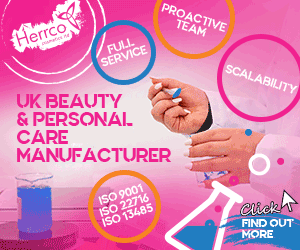Waterless beauty products have gained traction in recent years as awareness of water scarcity increases.
The UN has highlighted ‘frivolity’ towards water as a reason why 700 million people worldwide will face water shortages by 2030.
L’Oréal, Unilever and P&G are among the cosmetic conglomerates who have pledged to address their water consumption as more waterless beauty products hit the shelves.
Wash-off beauty products are particularly under scrutiny as shampoos, conditioners and cleansers could contain up to 95% water.
Marketed as a sustainable solution, brands across all sectors from Chanel to UpCircle and Tropic are investing in waterless.
But the secret to waterless beauty




